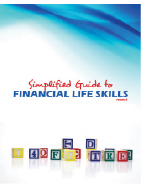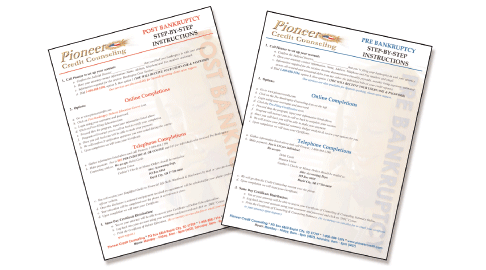Planning Ahead for the New Year
There are plenty of things in January that you can plan for and begin to do now to help you have a better year.
Taxes are still four months away, but there is a reason you get your W-2s this month. Start getting everything ready now so you don’t have to go into panic mode in April. This will also prevent you from making mistakes that are caused by hurrying through your taxes. Take a big manila envelope and label it. Place everything that you receive in January in it. Make sure that you store this in a place that you will not forget.
Many people who have insurance will have their deductible reset. Plan accordingly for checkups and visits. Some dental plans provide a certain amount of free cleanings per year and these will also reset in January. Any visits that you were putting off from last year should be planned sooner.
Do you have college students heading back to school? If you do fill out your free application for Feral Student Aid (FAFSA). As soon as you get your W-2s you can fill out the information and get it sent in. Again this will ensure that you get your money in time and you don’t have to sit around in September worrying if your application made it there on time.
Depending on your last name, you may have to get your vehicle’s new registration this month or a few months down the road. Why not put that money away right now and not have to worry about it. By taking care of it now you won’t have to worry about forgetting it in a couple of months.
Many people who have insurance will have their deductible reset. Plan accordingly for checkups and visits. Some dental plans provide a certain amount of free cleanings per year and these will also reset in January. Any visits that you were putting off from last year should be planned sooner.








